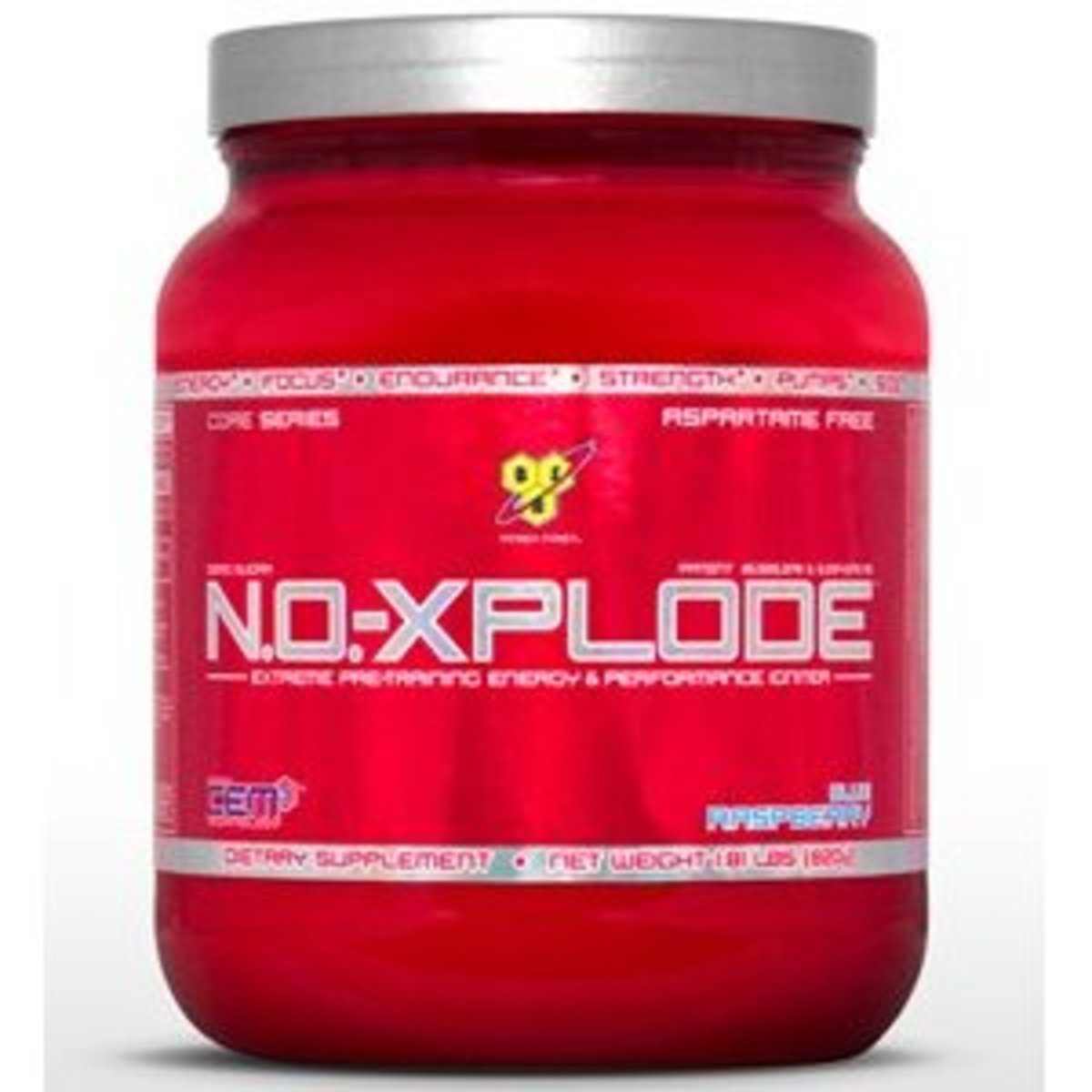How to Choose Vitamin A Supplements?
When we realize we are lack of vitamin A, we usually just go out buy whatever we can find at lowest possible prices, or some may go for a particular brand they believe with so called good reputation (mostly influenced by their ads, honestly). But do most of us really know what we are buying into?
Vitamin A has three functions, most notably the protection of eyesight. Vitamin A is one of the major components of rhodopsin (mostly formed by protein) in the eye retina. Rhodopsin absorbs lights and stimulates biochemical reactions, eventually causes nerves' sensitivity. Second, vitamin A can also initiate gene expressions and ultimately control cell mutation. Vitamin A also affects our immune system, taste, hearing, appetite, skin renewal and bone development. Vitamin A's another role is to control embryonic development. Retinoic acid can also regulate the expressions of certain genes, which results in dominating the muscle and organ development.
Lack of vitamin A is a common health problem in developing countries. Every year about 500,000 preschool children go blind due to vitamin A deficiency. Millions of people showed symptoms of blindness at night due to the same reason. It is estimated one million children in the world showing no symptoms at all even they are actually lack of Vitamin A.
Vitamin A is actually a generic term for a large number of related compounds. Couple of major forms:
1.
Retinol - Absorbed when eating food of animal origin, is a yellow,
fat-soluble substance. The vitamin is found in tissues in a form of
retinyl ester and gets converted into alcohol retinol in the small
intestine. It is commercially produced and administered as esters such
as retinyl acetate or palmitate.
2. Carotenoids (carotenes) - Found mainly in food of plant origin. Fruits and vegetables have about 50-60 species of carotene.
Buy Vitamin A Supplements Online
Vitamin A naturally exist in many of our foods:
- liver (beef, pork, chicken, turkey, fish) (6500 μg 722%)
- carrot (835 μg 93%)
- broccoli leaf (800 μg 89%) - According to USDA database broccoli florets have much less.
- sweet potato (709 μg 79%)
- butter (684 μg 76%)
- kale (681 μg 76%)
- spinach (469 μg 52%)
- pumpkin (400 μg 41%)
- collard greens (333 μg 37%)
- Cheddar cheese (265 μg 29%)
- cantaloupe melon (169 μg 19%)
- egg (140 μg 16%)
- apricot (96 μg 11%)
- papaya (55 μg 6%)
- mango (38 μg 4%)
- pea (38 μg 4%)
- broccoli (31 μg 3%)
- milk (28 μg 3%)
Since vitamin A from food of animal origin is fat-soluble, disposing of any excesses taken in through diet is much harder than with water-soluble vitamins B and C, thus vitamin A toxicity may occur, such as nausea, jaundice, irritability, loss of appetite, vomiting, blurred vision, headache, hair loss, muscle and abdominal pain and weakness, fatigue and mood swings (altered mental status). Usually when intake reaches doses as 25,000 IU / kg body weight,acute toxicity may occur. Liver toxicities can occur at levels as low as 15,000 IU per day to 1.4 million IU per day. In people with renal failure 4000 IU can cause substantial damage.
However, the carotenoid forms (such as beta-carotene as found in carrots), give no such symptoms. It is converted into vitamin A base on our body needs. But excessive dietary intake of beta-carotene can lead to carotenodermia, which causes orange-yellow discoloration of the skin. Once you stop taking or reduce the dosage of the vitamin, discoloration usually disappears. Those reports that relate large doses of vitamin A to brittle bones all refer to the preformed vitamin A, not carotenoid. β-carotene is known as the best among all. β-carotene in food does not increase toxins in blood or liver. So if you need vitamin A, the ones labeled with "Vitamin A (as β(beta)-Caratene)" is your best choice!









